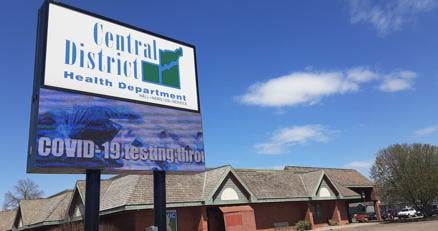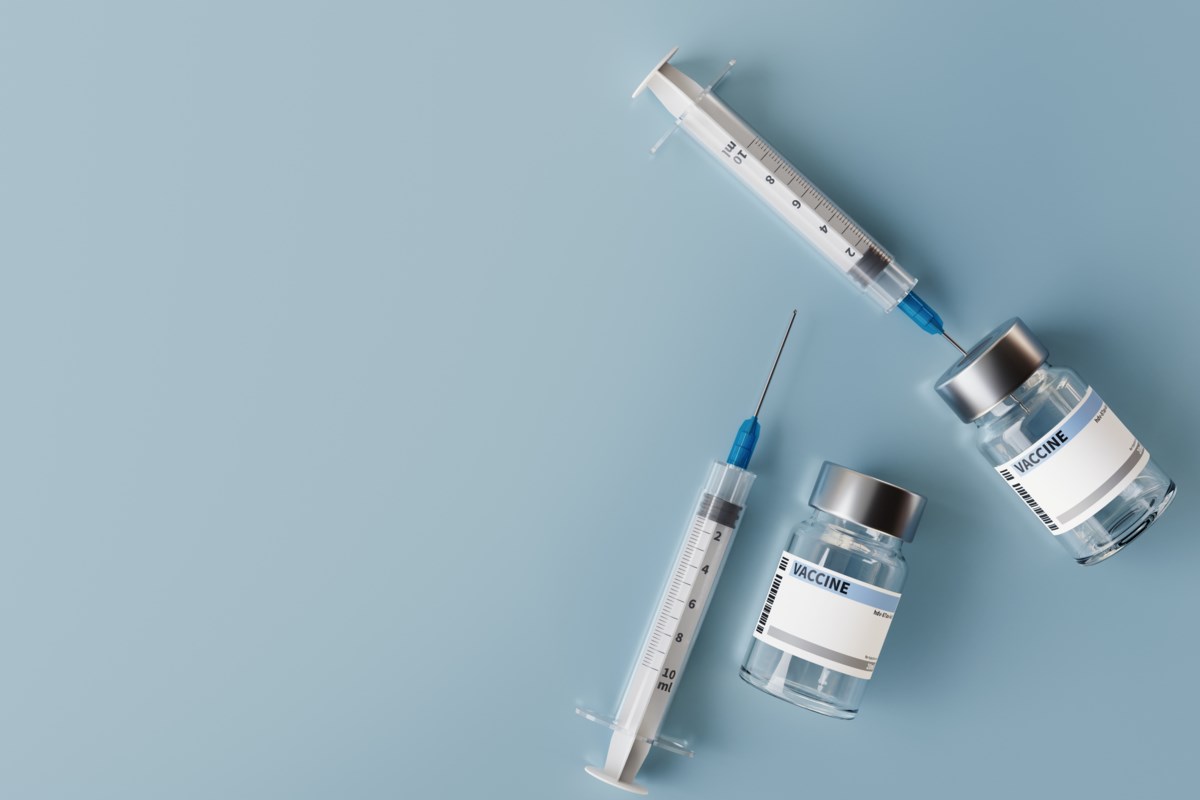The number of sexually transmitted infections is rising in the Hall County area.
According to numbers provided by the Central District Health Department in Grand Island, in 2020 there were 377 reported cases of STIs, including gonorrhea, chlamydia, HIV and syphilis, and in 2021 there were 415 cases.
In 2022, so far, there have been 286 cases.
“We are seeing a rise in STIs,” said CDHD Disease Contact Investigator Gabriella Ochoa.
In response, if someone tests positive for gonorrhea, chlamydia, HIV or syphilis, CDHD will reach out to them as disease intervention specialists.
“We want to help with partner notification and this is the only way we’re going to stop the transmission and prevent new infections from happening,” said Ochoa.
People are also reading…
Confidentiality is maintained throughout.
“When we call on your contacts, we don’t say so-and-so gave us your name and we want to let you know to get tested. We just say, you’ve been exposed to an STI, we recommend you go get tested,” Ochoa explained.
CDHD also provides such resources as where to get tested and guidance on the next steps to take while ensuring the privacy of both the person who tested positive and his or her sexual partners.
Popular sites for contacts in the Hall County area include such social media sites and apps as Bumblebee, Tinder and Plenty of Fish, as well as Facebook and Twitter.
Popular among high school age youths is Snapchat, said Ochoa.
Knowing information about your partners is important, such as full name, phone number, or even a social media account identity.
“Anything that will help us get in contact with them,” said Ochoa. “It’s important if you can remember that contact’s information, because if you can’t then we can’t properly do our part in trying to help our contacts and help stop that transmission.”
CDHD is able to do more follow-ups now than before thanks to a grant through the Nebraska Department of Health & Human Services and the Centers for Disease Control and Prevention.
CDHD received $100,000 for the services, The Independent reported in April.
“This allows us to do that contract tracing,” Ochoa said. “Before, the state was doing it, but it wasn’t possible for them to contact everyone in the state. We just cover Hall, Hamilton and Merrick, so we’re able to get a hold of those people.”
Knowing what symptoms to look for is also important.
For gonorrhea and chlamydia, symptoms include abnormal vagina discharge and a burning sensation when urinating.
With HIV, there are flu-like symptoms. Syphilis varies with stage, but symptoms include sores and rashes.
“It’s always important to know the symptoms. If you’re experiencing the symptoms, go get tested right away,” Ochoa urged.
CDHD’s goal is to decrease the number of STIs in the three-county district.
“If left untreated there can be serious consequences,” she said. “For example, with syphilis, it can lead to neurological issues. With chlamydia, it can lead to pelvic abdominal pain or ectopic pregnancies.”
She added, “Leaving these untreated is very dangerous not only for spreading it, but for the individual.”
The rising number of STI cases in the district is a concern for CDHD, said Head Public Health Nurse Jonna Mangeot.
“It’s certainly an area of concern, especially when you think about what happens when STIs go untreated and the long-term damage it can cause,” she said. “It affects fertility in women. Who knew your chlamydia when you were 19, untreated, made it so you couldn’t have kids later in life? There’s many other ill health effects, but when you put it into perspective like that, we just want to stop the spread and make sure people are having safe encounters.”
CDHD does not offer testing, but will refer people to resources available in the community and can provide a DIS investigator.
“We can assist them with whatever STI questions that they may have,” Ochoa said.
People have been receptive to receiving care when they get a call from CDHD.
Getting contact information has been a challenge, though, said Ochoa.
“Some people don’t keep track of their contact information for individuals that they have sexual encounters with,” she said. “It’s important to remember, at least, first and last name, if they can.”
Mangeot added, “Know your partner.”
For assistance with STD and STI treatment, and for information about other services, visit the Central District Health Department website at www.cdhd.ne.gov.
Get local news delivered to your inbox!
Subscribe to our Daily Headlines newsletter.
Discovered on: 2022-10-05 01:00:00
Source: Sexually transmitted infections rising in Hall County district



